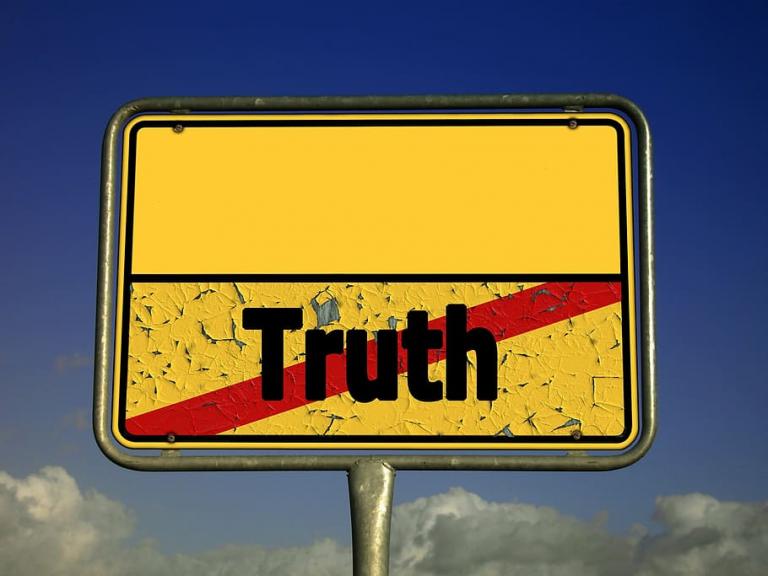
A common objection emerges when I speak of using honor and shame in evangelism and theology. In short, some people assume that honor-shame oriented cultures relativize sin such that “sin isn’t really sin as long as it is hidden from view.” This impression is a misapplication of a half-true idea. I’ll explain.
What’s the hidden half-truth?
In what ways is there truth in the notion that “sin that is hidden isn’t regarded as a sin” (from an honor-shame perspective)?
-
Sensitivity to Sin
First, the partial truth of the claim lies in the consciousness of or sensitivity to sin that many people have. In other words, the right or wrongness of certain behaviors might not rise to the forefront of people’s minds until that action is made public. At that time, they are forced to think about what the behavior actually looks like.
An analogous situation comes from daily life. Imagine your spouse or children have done something wrong or that you find offensive. Perhaps they don’t grasp your meaning. So, you say to them, “Well, look at it from my perspective….” You explain your viewpoint and the implications of their actions. We then follow up, “Now can you see why it’s wrong?” It may only be at that point that they discern the wrong they’ve done.
-
“Social” Sins
The statement has “truth” in a second respect: people are far more sensitive to blatant “social” sins than what might be regarded as “private” sins. As a general rule, a person is mindful not to disrespect certain authorities or engage in some taboo behavior. In every culture, people psychologically distinguish how they view an array of sins. Regardless of whether we think such distinctions are theologically warranted, people do in fact make them. That is true in guilt-innocence cultures, honor-shame cultures, and any other type of culture.
What the claim gets wrong
There is a more fundamental problem with the idea that people from honor-shame cultures think that “sin isn’t really sin as long as it is hidden from view.” The error consists in the suggestion that people in honor-shame cultures do not think some things are right and other things are wrong. That is patently false.
People do feel a sense of inward shame when they do what they know is wrong or deem as harmful to others. (Keep in mind that we are currently speaking about morality in general, within a broader culture, not certain moral commands specifically related to God.)
Another problem concerns the selective nature of the claim. I have known cross-cultural workers say something to this effect: “I often hear (non-Western) pastors say how surprised they are to hear that impatience, ingratitude, and anxiety are sin.” This surprise is then taken as confirmation that “sin isn’t really sin as long as it is hidden from view.”
Given what I’ve said above, this conclusion is unwarranted. The reason(s) people might not see impatience, ingratitude, anxiety, among other “invisible” attitudes as sin could well be the same reason Americans frequently do not see them as sin. First, they do not read their Bible close enough. Second, they rank sins such that stealing is “really sin,” but other attitudes (like not having joy) is considered a minor fault or, perhaps, a mere personality flaw.
What the claim really highlights
What is the underlying cultural value that leads to the misimpression that honor-shame cultures regard as “sin” only that which is made public? If anything, it shows that people from these contexts understand the personal nature of sin (i.e., wrongness).
Sin is not an abstraction. It corrupts relationships. It breeds disharmony. Ultimately, they know the importance of relationships. They might not discern how their actions relate to God (as is true of non-believers everywhere). Yet, they grasp the much of what’s evil about sin in ways that Westerners still don’t get.












